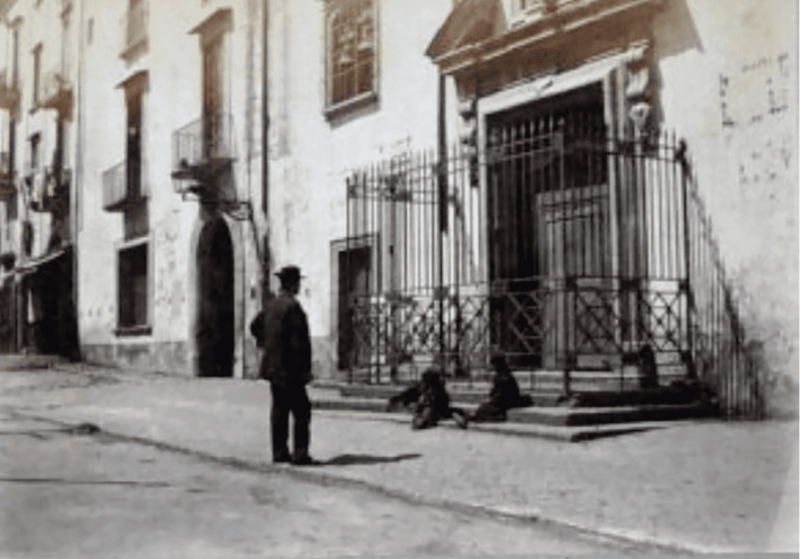The production ‘Ġawhar Misjub – an Operatic Banquet’ includes operatic excerpts by different Maltese composers highlighting Malta’s rich heritage in operatic music. In this article one can learn more about the composer of the Baroque Era – Girolomo Abos ( 1715-1760)
Girolamo Abos was born in Valletta in 1715 to French parents who set up permanent residence in Malta. Due to Malta’s political connection with Italy, Girolamo went to Naples to further his studies. He went to The Conservatorio di Sant Onofrio and in 1742 he premiered his first opera Le due Zingarelle. Apart from numerous comic operas such as La Moglie Gelosa, Il Geloso and La Serva Padrona, Abos was also interested in opera seria.
Artaserse is Girolamo Abos’s first opera seria and he used Metastasio’s libretti for most of his opere serie. Abos became a popular composer; his most celebrated work was Tito Manilo which ran not only in Italy but even in other European Theatres. Apart from operas, Abos also wrote liturgical works, such as Dixit Dominus, Magnificat and Stabat Matèr and instrumental works.
In the opera Artaserse the aria Non e Ver che sia contento, the character Visconti realised that insulting his beloved has not made him feel better but even more tormented. This aria’s musical mood suggests his realisation and his inner torment.
It is interesting to note that Maltese born composers such as Giuseppe Arena, Girolamo Abos and Niccolò Isouard all wrote works which made use of Metastasio’s works. This signifies that the Malta born composers were in touch with current operatic traits and literature. However, one must not forget that although these three composers were born on the island, yet they all furthered their studies abroad.

Achille in Sciro and Artasersere are two operas written by the famous 18th century librettist Pietro Metastasio (1698-1782). Metastasio was one of the prominent opera seria librettists and composers such as Hasse, Vinci, Gluck, Handel and Mozart all made use of his literature. Most of the plot lines revolve around historic Kings, Emperors or heroes, such as the story of the Greek hero Achilles and the Persian King Artaxerxes.
Arena’s first opera written in 1738 is an epitome of the Neapolitan Baroque style of writing. The plot line of Achille in Sciro is based on Achilles who dressed up as a girl to be able to enter the court of King Skyros and whilst being there he fell in love with one of the princesses. This part of Achille’s story seems to be omitted from Homer’s Iliad but is later recorded by the Roman poet Statius.
In 1741 Arena wrote the three-act opera Artaserse on the famous libretto which deals with the Persian King and the son of Serse the first. This opera dwells on love, betrayal and antagonistic events. In the aria Se un amor tiranno, Mandane (one of the characters) cannot believe that her beloved turned out to be such a cruel man. Arena’s appoggiaturas and trills seem to suggest the tormented lover and they almost mirror her sobs. In the duet Tu vuoi ch’io vivo o cara both characters are pleading, creating a melody as if by question and answer.
‘Ġawhar Misjub – An Operatic Banquet’ will premier on the 27th of May 8 pm at St.Agatha Auditorium , Rabat.
Book your seats now for FREE by following this link  or scanning the QR code beneath.
or scanning the QR code beneath.
